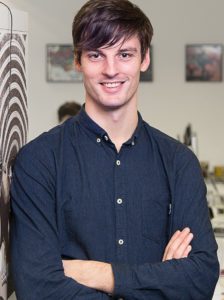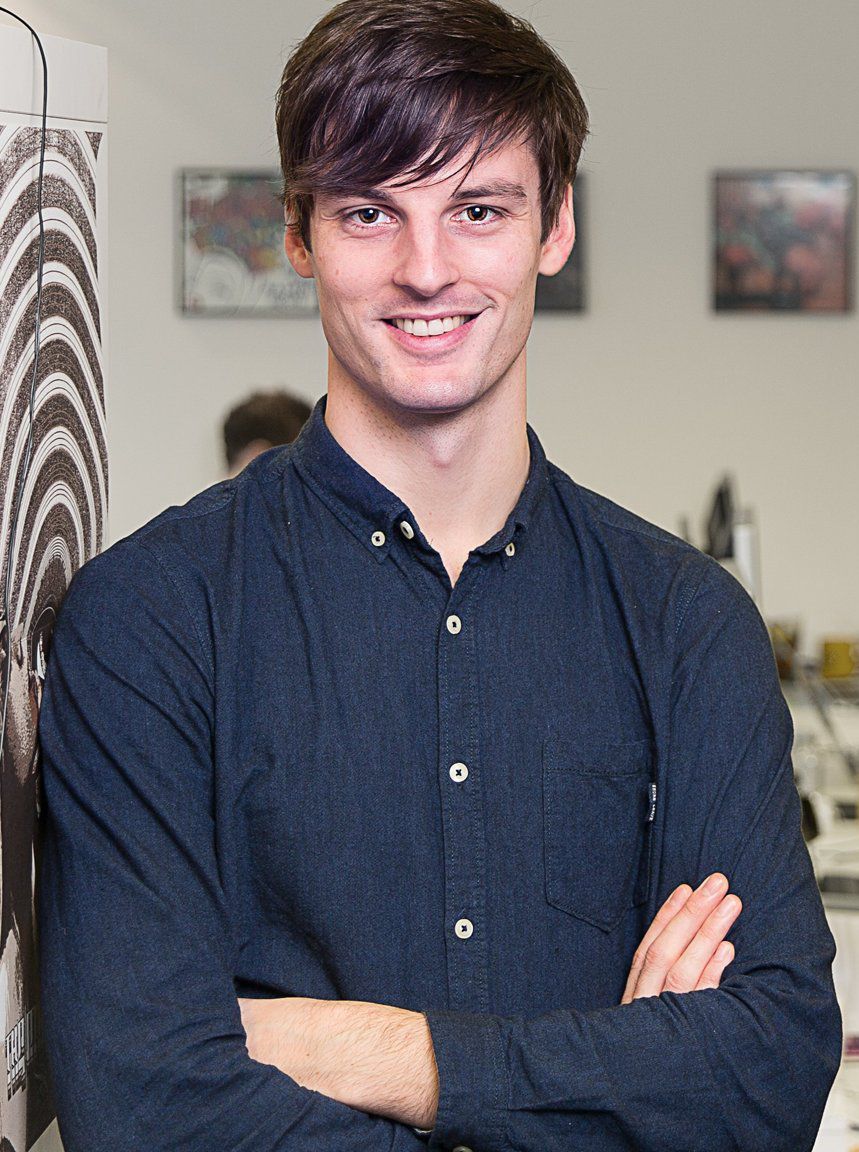
I never thought I’d start a business. From the age of seven, my passion and focus was music: first as a chorister in King’s College Choir; through classical piano, jazz flute, a cappella groups and songwriting; returning to King’s to study Music as an undergrad, where I had my first choral compositions published. But, on leaving Cambridge, there was a question I wanted to answer: given music’s mathematical basis, why hadn’t computers yet managed to master it? It was this question that led me to start Jukedeck.
When I started work on Jukedeck in 2010, there were no creative AI companies. This was before even the AI hype of the mid-2010s: tell people in 2010 you were teaching a computer to compose music and they assumed you were joking. This was both a blessing and a curse. A curse because it created a vicious circle: people and investors wouldn’t work with you until it was built, but without people and investment it was going to be hard to build. A blessing because, when you did manage to get results, people listened.
I broke the vicious circle by learning to code and building the first version of the system myself. It was hard work, but it was worth it: having an understanding of programming has been helpful in my job ever since, even though I stopped coding a long time ago. And the system I built was enough evidence that the idea could work to bring our first investors, Cambridge Enterprise, on board. We’ve been lucky, since then, to work with some fantastic investors: Cambridge Enterprise, Cambridge Innovation Capital, Parkwalk Advisors, Backed VC and Playfair Capital, as well as our angel investors, have all contributed in huge ways to the company.
Building the first version of an AI composition system is one thing: building that out into a public product, and building a company around it, is quite another. I was lucky to find a co-founder, in Patrick Stobbs, who was both brilliant at what he did and a childhood friend; and we gradually surrounded ourselves with a team of the most talented and kind people I’ve ever worked with. We had something to rally around – a shared love of music – which both helped us recruit brilliant people and provided a common focus once we were assembled.
After four years working largely behind closed doors, in 2015 we launched the world’s first website for generating music composed by a machine learning system. AI composition is a bigger field now, but back then people were surprised; this surprise helped us win some awards and get some good press coverage, which in turn hugely aided a launch that otherwise had zero marketing budget. Our aim was to make it easy for non-musicians to create music to their specifications, to use in videos and other media. Since launch, we’ve seen more than a million pieces of music be created on the site.
As the standard of AI music gets better, we’re thinking hard about how to ensure it’s used as a tool to aid creativity, as opposed to one that replaces the work that creative people do. I suspect this will be one of the biggest questions surrounding AI over the next few years, and it’s one we want to do our bit to help get right. And it was a big question – whether computers could write music – that started Jukedeck in the first place. I’d encourage aspiring entrepreneurs to identify the big questions that matter to them, and set about answering them.




Leave a Reply